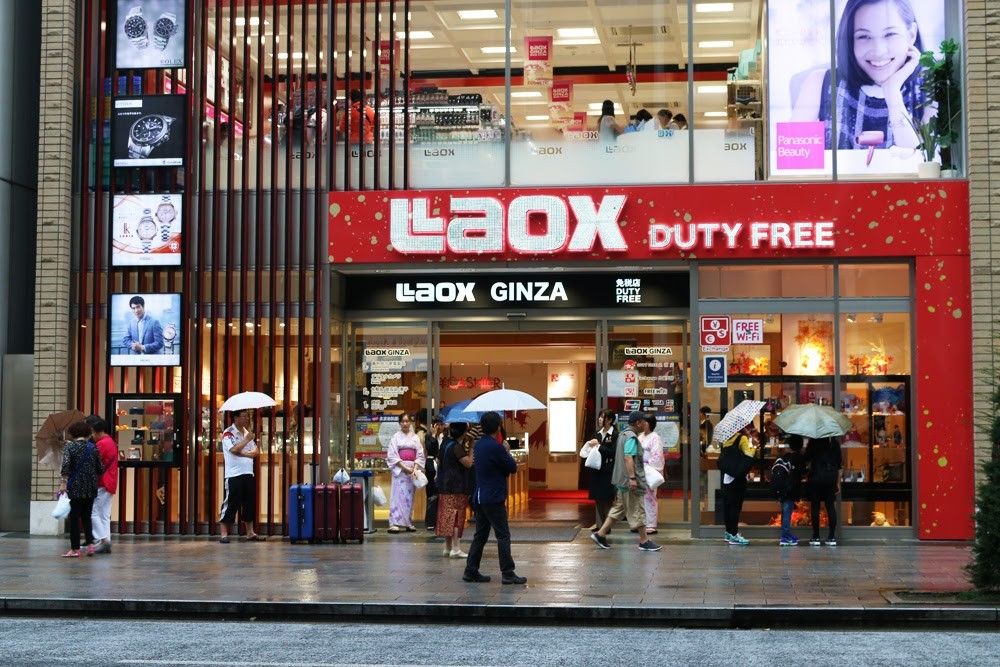Japanese Government Plans To Stop Letting Foreign Students Buy Tax-Free Goods
The Japanese authorities and its ruling parties have decided to eliminate the policy that allows international students and other long-term residents to buy duty-free goods to respond to possible reselling cases and complaints about excessive check-ups for eligibility.

Under the current system, set to be updated in the context of tax reforms planned for the fiscal year 2022, students from abroad who stay for a long time in Japan and are not employed part-time may purchase tax-free goods in the first six months after they enter into Japan.
Some have raised concerns about the labor-intensive checks that duty-free stores must conduct during sales to verify that a college student isn’t working. In contrast, some have complained that shops that do not have rigorous screening methods end up drawing more customers.
The National Tax Agency also found several suspicious “binge buying” cases by students from abroad after the agency introduced the system of digitizing buyer details in April of this year.
It is believed that they are buying vast quantities of duty-free items to resell at a higher price, with a consumption tax of 10 percent to earn an income.
In the context of tax reforms, the government, as well as the coalition that the Liberal Democratic Party leads, plan to limit the ability of duty-free purchases to visitors or those who have a short-term visa of a minimum of 90 days and not “non-residents” under the country’s foreign exchange law and foreign trade law.
Although it is yet to be determined what time Japan will open its doors to tourists because of the discovery of a new variant, Omicron coronavirus.
Source: JapanToday
Also read about Tokyo Authorities Finally Decide To Stop Using Floppy Disks
